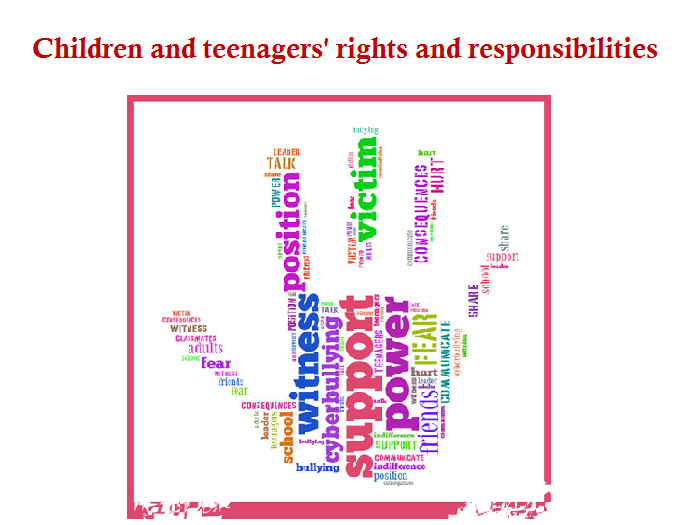The English Club
I'm a teacher of English as a Second and Foreign Language with more than 20 years of experience. In my shop, you will find resources to help your students to develop critical thinking skills and learn the key aspects of digital literacy. You will also find that many of my resources are project-based and include assessment tools. I also create materials for professional development to help teachers to cope with the new challenges they face in their career.









